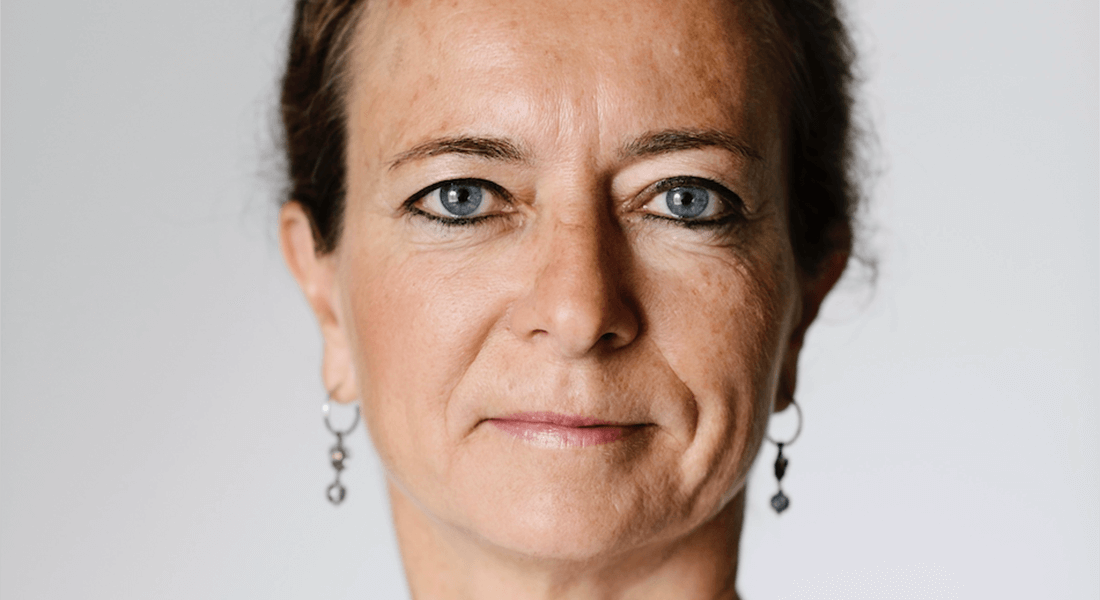Helle Samuelsen: How civil servants promote climate change adaptation in Burkina Faso
Meet Helle Samuelsen, an Associate Professor at the Department of Anthropology, University of Copenhagen. In this spotlight, Helle talks about her research in Burkina Faso on how civil servants ‘practice the state’ and how they contribute to promoting climate change adaptation in a context of multiple crises.

Tell us about your research
I am just starting up a new DANIDA funded research project in Burkina Faso where we will study how civil servants working in three key ministries ‘practice the state’ and how they contribute to promoting climate change adaptation in a context of multiple crises. As a medical anthropologist, I have mainly studied health care and health systems, but in Burkina Faso we see how the (chronic) health crisis intersects with other important crises, including the climatic crisis, a political crisis, and a very serious security crisis. Thus, in this new project, we want to examine how civil servants work to ‘keep the wheels running’ in a context of multiple crises. We will study how they, themselves, understand their roles as civil servants, and how they navigate, both as professionals and as individual family members during these crises.
Training of young scholars and supervising PhD students are part of all the projects I am involved in, and I find it super interesting to work with capacity building of young scholars in Africa.
This research builds on a long-term collaboration with fantastic colleagues in Burkina Faso and we will recruit a number of PhDs and postdocs in the project. I am also involved in other research projects in Africa, including a project in Tanzania with Britt Tersbøl as project leader, where we focus on gender, climate change and health.
Why is this research important?
Burkina Faso is – unfortunately – not the only country in the world experiencing multiple crises, and we need to better understand how a bureaucracy works under such conditions and how civil servants in their everyday work-life navigate between international commitments such as Climate Change Adaptation (CCA) plans and the local context. Thus, this project will provide new in-depth knowledge about the social dynamics within and between ministries, what drives civil servants and how policies (CCA policies in particular) are understood, adjusted, and implemented in situations of several urgent crises. It is also important to continue to support research in Burkina Faso and to contribute to capacity building of young research scholars.
What excites you about your work and your research?
One of our PhD students in Burkina Faso defended her PhD thesis last week. She has been a PhD student with a project in Burkina Faso on epidemics (including covid-19) we are about to finalize and it was such a great pleasure to follow her and the other PhDs in that project over the years of their PhD research - and then see them defend their theses successfully. It was also fantastic to get my book Fragile Futures: Ambiguities of Care in Burkina Faso published a few months ago. It is a book I have been working on (and off) for about ten years, and it was really nice to receive the hardcopy from the publisher.
Which achievements do you hope to see within your research field 10 years from now?
I work with a number of different research projects in Africa that in various ways address consequences and forms of adaptations to climate changes. We see that climate changes increase inequality and I think it is important to research these processes, to build research capacity within this field and to provide recommendations for different groups of decision-makers. It is my hope that research, - the projects I am involved in as well as the many other projects focusing on these issues - will contribute to an increased political focus on the need for policies and interventions that address and reduce global inequalities.
What advice do you have for junior researchers in global health?
Hmm, I don’t know if I have any particularly good advice, but working in cross-disciplinary teams is really interesting and learning from other disciplines is a good boost to your own disciplinary competences when you are forced to explain your own discipline and research methods to research colleagues who are not from your own discipline.
What is your favorite source of global health inspiration and knowledge?
Fieldwork is my main source of inspiration. In addition to all the concrete knowledge you get during fieldwork, you ask questions all the time and you constantly reflect about what you hear and what you see – a process, which invites to creative thinking and provides ideas for new research projects. Besides that, I often consult the Royal Library’s subject site for anthropology with lists of important databases and journals.
Contact
Helle Samuelsen, H.Samuelsen@anthro.ku.dk
Associate Professor, Department of Anthropology, University of Copenhagen
